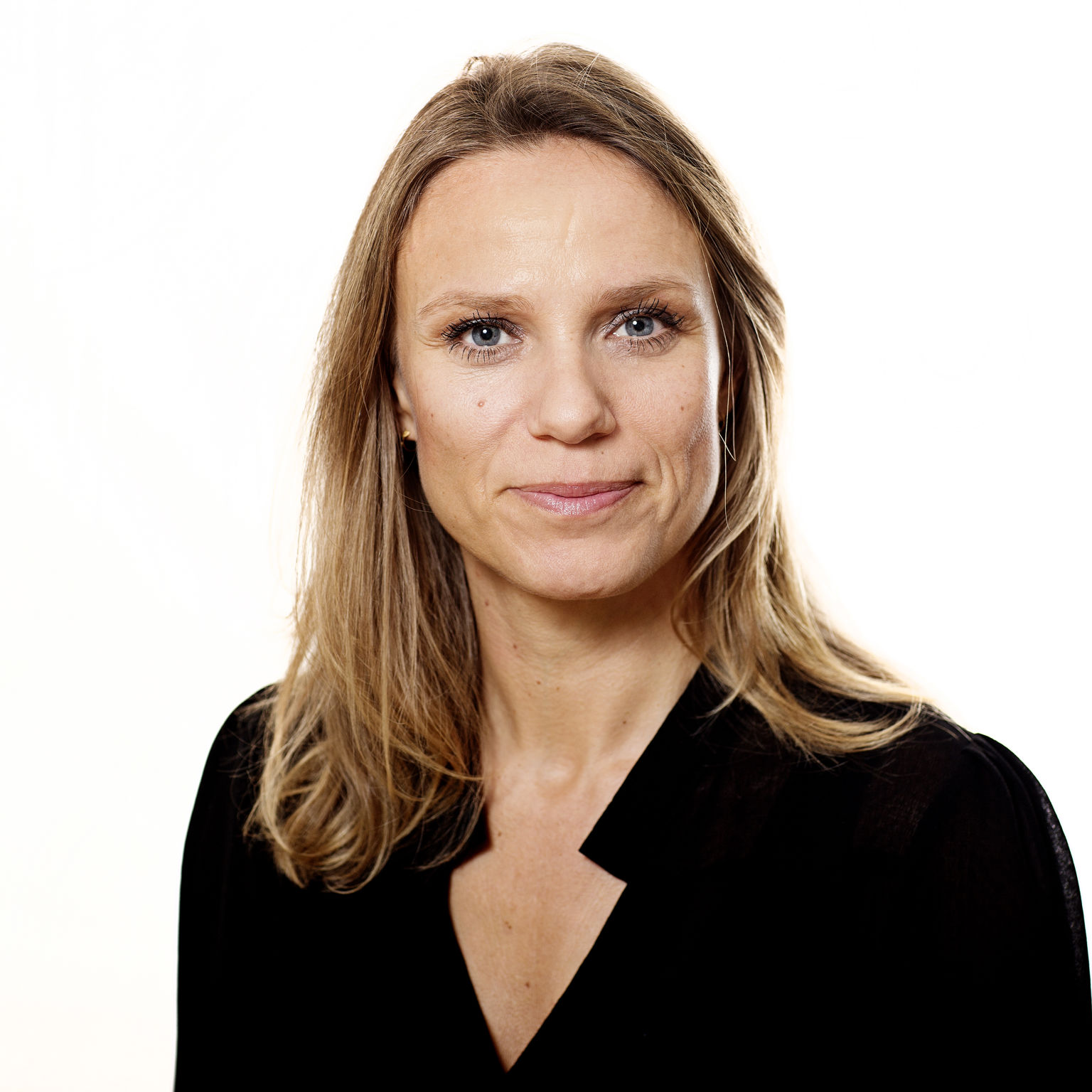6. OKT 2015
Jane Greve
Children, Adolescents and Families
Daycare, School and Education
Health Care
Children, Adolescents and Families, Daycare, School and Education, Health Care
Key Expertise:
- mMental health,
- Daycare,
- Gender and identity,
- Substance abuse,
- Sickness,
- Education

Areas of work:
Jane Greve mainly carries out research in subjects related to population health, including health interventions and health politics. In recent years, her research has included research on health economic consequences of overweight and obesity, life circumstances for persons with severe mental disorders and effects of health interventions, both during pregnancy and later in life. Jane Greve also carries out projects in the area of education, mainly on the transition from lower to upper secondary education, and she often uses data from the Danish registries to investigate her research questions.
Methods
Jane Greve has strong empirical and methodological competencies. The econometric methods she uses in her research and work range from in-depth, descriptive analyses to econometric efficacy analyses. To uncover effects, she uses econometric methods, such as difference-in-differences, regression discontinuity, matching and two-stage least squares regression. Moreover, she has several years’ experience with randomised experiments. Jane Greve often works with the Danish registries and has an especially good knowledge of the Danish Psychiatric Central Research Registry, the Medical Birth and Death Registry and the Hospital Utilisation Registry. She has also created questionnaires and worked with survey data, and time and consumption data.
Background
Jane Greve has a master’s degree in Economics from Copenhagen University and a PhD in Economics from the former Business School in Aarhus (now Aarhus University). She has worked as a researcher and senior researcher for the Rockwool Foundation Research Unit and was for a time affiliated with a Brazilian research institute. Since she studied economics at University of Copenhagen, she has been interested in and worked in the field between health and social conditions.
Jane Greve has been employed at KORA, now VIVE, since 2015.
Selected publications
6. OKT 2015
1. JUL 2015
Greve, J., & Heinesen, E. (2015). Evaluating the impact of a school-based health intervention using a randomized field experiment. Economics & Human Biology, 2015(18), 41-56.
1. DEC 2013
Greve, J., & Nielsen, L. H. (2013). Useful Beautiful Minds: An Analysis of the Relationship Between Schizophrenia and Employment. Journal of health Economics, 32(6), 1066-1076.
2. OKT 2017
Greve, J., Tekin, E., & Schultz-Nielsen, M. L. (2017). Fetal malnutrition and academic success: Evidence from Muslim immigrants in Denmark. Economics of Education Review, 60, 20-35.
1. OKT 2011
Greve, J. (2011). New Results on the Effect of Maternal Work Hours on Children’s Overweight Status: Does the Quality of Child Care Matter? Labour Economics, 20(5), 579-590.
AUG 2019
Daycare, school and education
Health
Daycare, school and education, Health
Greve, J., & Weatherall, C. D. (2019). The Impact of Higher Education on Body Weight. Nordic Journal of Health Economics, 7(1), 31-46. https://doi.org/10.5617/njhe.5941
Selected research projects
1. OKT 2018 — 31. DEC 2024
Social issues
Children, youth and family
Daycare, school and education
Social issues, Children, youth and family, Daycare, school and education
Abecedarian
1. OKT 2021 — 31. MAJ 2024
Children, youth and family
Children, youth and family
Samfundsøkonomiske konsekvenser af overvægt
1. OKT 2022 — 29. FEB 2024
Labor market
Daycare, school and education
Labor market, Daycare, school and education
KRÆNK
